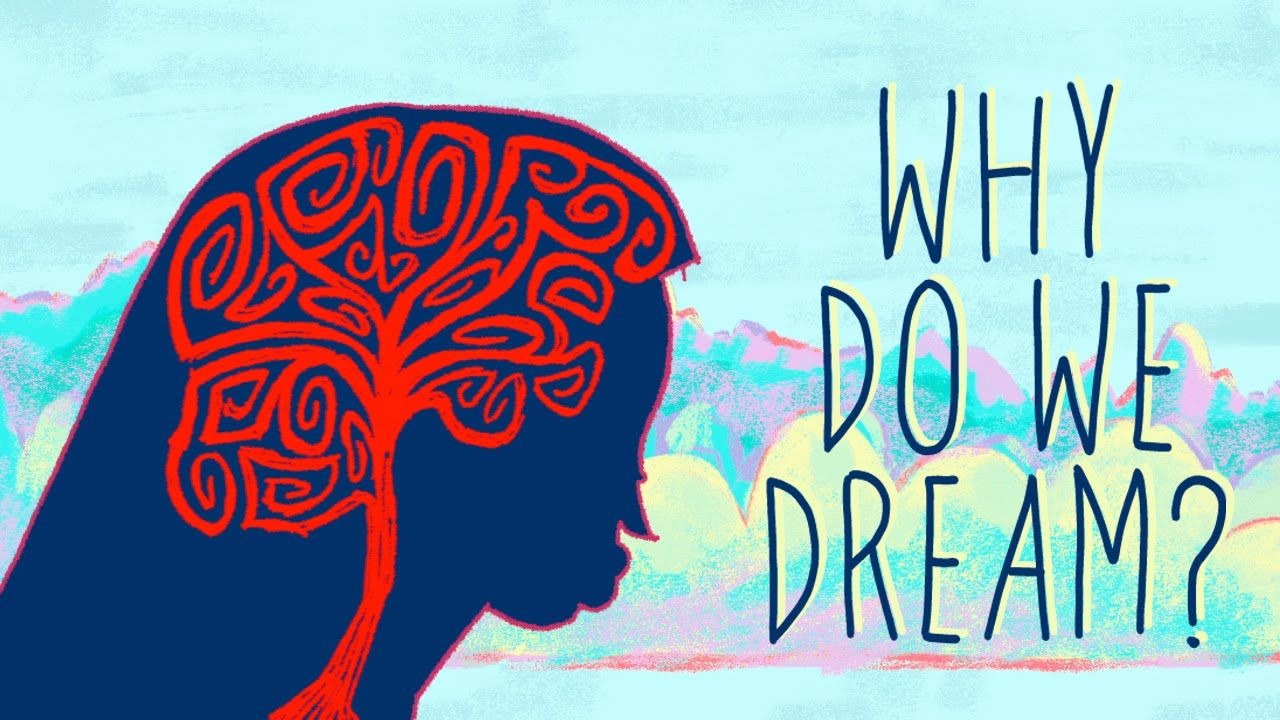
Dreaming has fascinated humans for centuries, sparking countless theories and interpretations. From Freud’s psychoanalytic views to modern neuroscience, the mystery of why we dream remains an ongoing puzzle. While we may never fully understand the purpose of dreams, science has made significant strides in uncovering the mechanisms behind these nighttime visions.
Dreams occur during the rapid eye movement (REM) sleep stage, when brain activity is heightened and resembles wakefulness. During this time, the brain processes information, emotions, and memories. Researchers believe that dreaming plays a crucial role in memory consolidation, helping us organize and store experiences from the day. Dreams may serve as a “replay” mechanism, allowing the brain to strengthen neural connections related to newly learned information.
Another theory suggests that dreams help us process emotions and unresolved feelings. Throughout the day, we encounter various stresses and emotions, and dreams may provide a space for the brain to work through these experiences. This might explain why we often dream about people, events, or situations that have caused us stress or anxiety.
Some scientists believe that dreams are a byproduct of the brain’s attempts to make sense of random neural activity. This “activation-synthesis hypothesis” posits that as the brain tries to interpret signals during sleep, it creates stories or narratives to make sense of the chaotic data.
Additionally, dreaming might serve as a form of problem-solving. In some cases, people have reported finding creative solutions or insights in their dreams. The brain’s ability to simulate different scenarios during sleep could provide valuable perspectives on real-life challenges.
Though the exact purpose of dreaming remains unclear, it’s evident that our nightly visions serve important functions, from memory storage to emotional processing and even creative thinking. The science behind dreaming may still be unfolding, but it’s clear that these fascinating experiences are far from random.
Post a comment
Should you apply honey on your skin?
- 18 Jan, 2025
- 2
Tired of Mental Clutter? Try Brain Flossing Today!
- 01 Apr, 2025
- 2
Trapped in Double Depression?
- 24 Mar, 2025
- 2
Why April 28 Could Change How You Work Forever?
- 28 Apr, 2025
- 1
The Mysterious Benefits of Wearing Payal
- 01 Feb, 2025
- 2
Categories
Recent News
Daily Newsletter
Get all the top stories from Blogs to keep track.

















